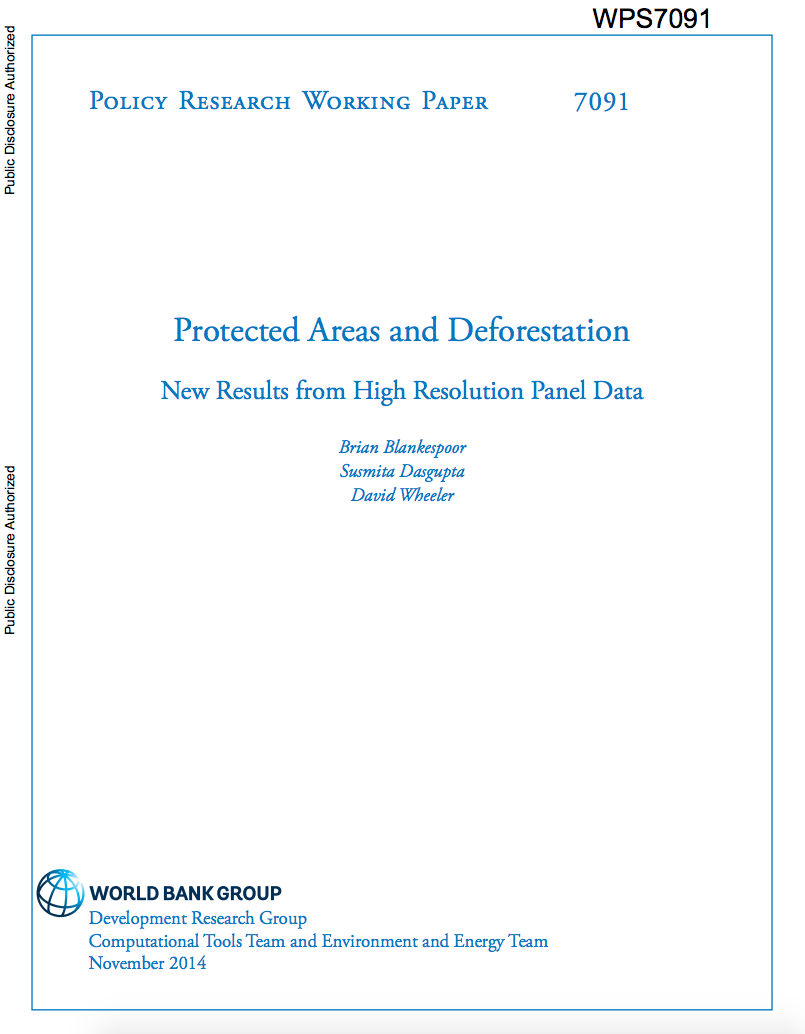Small Watershed Rehabilitation and Management in a Changing Economic and Policy Environment
China is considered one of the most seriously eroded countries in the world. The
many causes of this degradation can be divided into natural, human-induced and root causes.
The consequences of watershed degradation are severe and reach even beyond the country’s
boundaries. Addressing this issue requires a sustainable participatory and integrated watershed
management approach. The Loess Plateau Watershed Rehabilitation Projects, implemented by
the Ministry of Water Resources and co-financed by the World Bank has provided a model that


